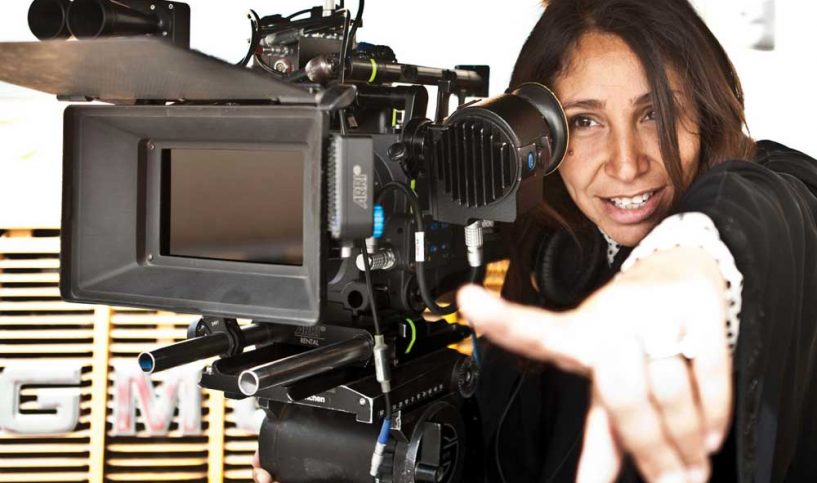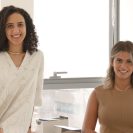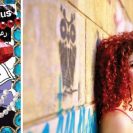by Silvia Aloisi
Saudi Arabia’s first female director has made her debut at the Venice film festival, exploring the limitations placed on women in the conservative Islamic kingdom through the tale of a strong-willed 10-year-old girl living in Riyadh. Wadjda, which the director says is the first to have been shot entirely in Saudi Arabia, follows the everyday life of young Wadjda and her attempts to circumvent restrictions and break social barriers – both at school and at home.
Constantly scolded for not wearing hijab, listening to pop music and not hiding in front of men, Wadjda uses guile to get her own way.
When she sees a green bicycle for sale that would allow her to race against a male friend, she concocts a plan to raise the money needed to buy it in spite of her mother’s opposition – respectable girls do not cycle in Saudi Arabia.
She ends up learning verses from the Quran by heart to enroll in a religious competition at school, hoping to win the cash prize that would pay for the bike, and in the process pretends to have become the model pious girl her teachers want her to be.
The film has had critical accolades. “Initially the biggest talking point about ‘Wadjda’ will be that a woman … has directed the first Saudi Arabian feature shot entirely within the kingdom,” Jay Weissberg wrote in his review for the trade magazine Variety. “Once the novelty is processed, critics and the public will likely agree that the [film] transcends mere surprise value and delivers a winning, handsomely crafted story with a charismatic lead guaranteed to charm international [audiences].”
Director Haifaa al-Mansour said Wadjda aims to portray the segregation of women in Saudi Arabia, where they hold a lower legal status to men, are banned from driving and need a male guardian’s permission to work, travel or open a bank account. “It’s easy to say it’s a difficult, conservative place for a woman and do nothing about it, but we need to push forward and hope we can help make it a more relaxed and tolerant society,” she said after her film premiered in Venice.
She pointed to signs of change in Saudi society and said younger generations were challenging rigid customs and slowly pushing the boundaries of what is considered acceptable.
Under King Abdullah, the Saudi government has pushed for women to have better education and work opportunities and allowed them to vote in future municipal elections.
“It’s opening up – there is a huge opportunity for women now,” Mansour said, noting that Saudi Arabia entered female athletes for the first time ever at the Olympics this summer. “It is not like before, although I can’t say it’s like heaven. Society won’t just accept it. People will put pressure on women to stay home, but we have to fight.”
Mansour spoke of the difficulties she faced filming in Riyadh, despite having obtained permission from authorities to do so. She occasionally had to hide in a van in some of the more conservative areas where locals disapproved of a female filmmaker mixing with men on set, and at times had to direct her male actors via walkie-talkie.
Her film may have a limited audience in Saudi Arabia where movie theatres are banned, but producers hope to distribute it on DVDs and TV channels.








